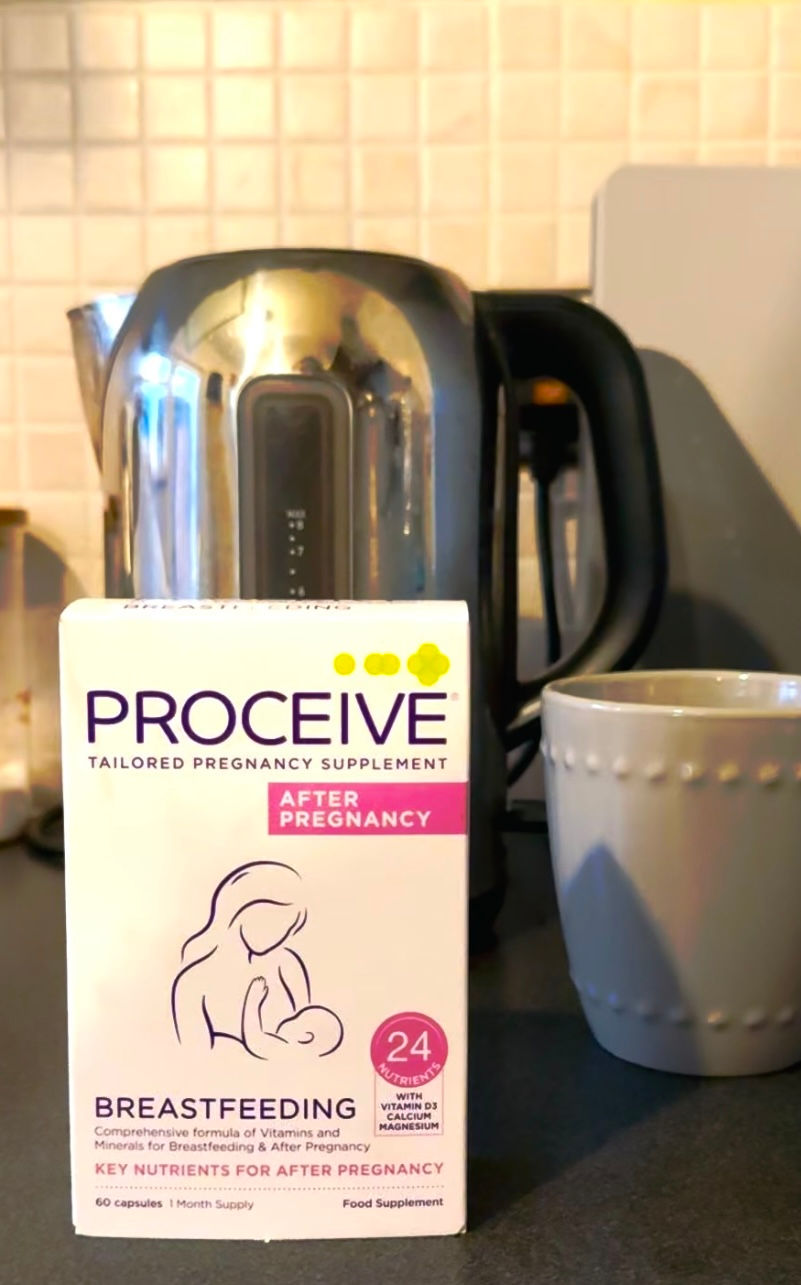Are Breastfeeding Vitamins Necessary?
- Danielle Facey
- Jun 10, 2024
- 3 min read
Updated: Jul 18, 2025
For many new mothers, the dietary guidance provided during breastfeeding often feels vague and unhelpful. Recommendations such as “Eat a well-balanced diet” and “Be guided by your appetite” can leave nursing mothers uncertain about their specific nutritional needs. It's crucial to understand that breastfeeding increases the requirement for certain vitamins and minerals, affecting both the quality of breast milk and the mother's health.
The Importance of Specific Vitamins and Minerals
Iron
Iron is essential for the production and regulation of cells and hormones in lactating mothers. Iron deficiency can lead to fatigue and light-headedness, undesirable symptoms for any new mother. Although breast milk contains low levels of iron, infants need additional iron from around six months of age. Key dietary sources include meats, poultry, seafood, nuts, seeds, and vegetables.
Folate (Folic Acid)
Folate, vital during pregnancy, remains crucial during breastfeeding for cell growth and DNA synthesis. Deficiencies in folate can cause fatigue, weakness, and irregular heartbeats. Foods rich in folate include dark green leafy vegetables, beans, whole grains, and eggs.
Vitamin C
Vitamin C supports immune function and healing. Its levels in breast milk fluctuate based on the mother’s intake, and lactating women require more vitamin C than during pregnancy. Common sources include citrus fruits, broccoli, cauliflower, and cabbage.
Vitamin D
Vitamin D is critical for bone health and immune function. Since it is produced by the body through sun exposure and is scarce in natural food sources, supplementation is only necessary if you spend much of your time indoors or you live in a climate where you do not get much sun in your skin. Fortified foods like grains, juices, and dairy products can also help meet the required intake.
Potassium
Potassium is vital for cell function, heartbeat regulation, and muscle and nerve function. Lactating women, due to increased fluid loss, are more prone to potassium deficiency, which can cause symptoms like constipation, muscle weakness, and in severe cases, paralysis. Sources of potassium include bananas, apricots, prunes, oranges, squash, and potatoes. However, it's important to balance potassium intake to avoid hyperkalemia, a condition characterized by excessive potassium levels.
The Need for Awareness
New mothers often feel exhausted, a state exacerbated by deficiencies in key nutrients. While a perfect diet is not mandatory for producing nutritious breast milk, the mother's health can suffer without adequate nutrient intake. For instance, nursing mothers need to consume an additional 450-500 calories per day to meet the energy demands of breastfeeding.
Calcium and Magnesium
Calcium is essential for both the mother and baby’s bone health. If dietary calcium is insufficient, the body will draw it from the mother's bones and teeth. Similarly, magnesium plays a crucial role in immune function and disease prevention. Foods high in calcium and magnesium include dairy products, winter squash, edamame, kale, bok choy, spinach, legumes, nuts, and seeds.
B Vitamins
Breastfeeding mothers require higher levels of B vitamins, including folate, B6, and B12, to maintain energy levels and support metabolic functions. Natural sources of B vitamins include salmon, poultry, chickpeas, eggs, dark leafy greens, beans, and peanuts.
Zinc
Zinc is essential for cell building and immune function, with lactating mothers requiring more zinc than during pregnancy. Rich sources include legumes, dark green leafy vegetables, nuts, seeds, beef, and poultry.
Maintaining a balanced and nutritious diet is challenging for busy, sleep-deprived new mothers. While breast milk remains nutritious regardless of the mother’s diet, her health can suffer if her nutritional needs are not met. Therefore, it is often recommended that breastfeeding mothers consider taking a prenatal or breastfeeding supplement to ensure they get the necessary vitamins and minerals.
Taking care of yourself is paramount, as a healthy mother is better equipped to care for her baby. My personal choice for breastfeeding vitamins includes Proceive's Breastfeeding Vitamins. Get 20% off with code: BFM20 here.
For evidence-based, heart-led support in all things nursing, pumping and beyond, my Penguin debut, 'The Breastfeeding Survival Guide,' is available to pre-order, here: https://www.thebreastfeedingmentor.com/book
With love,
Danielle
❤️





Comments